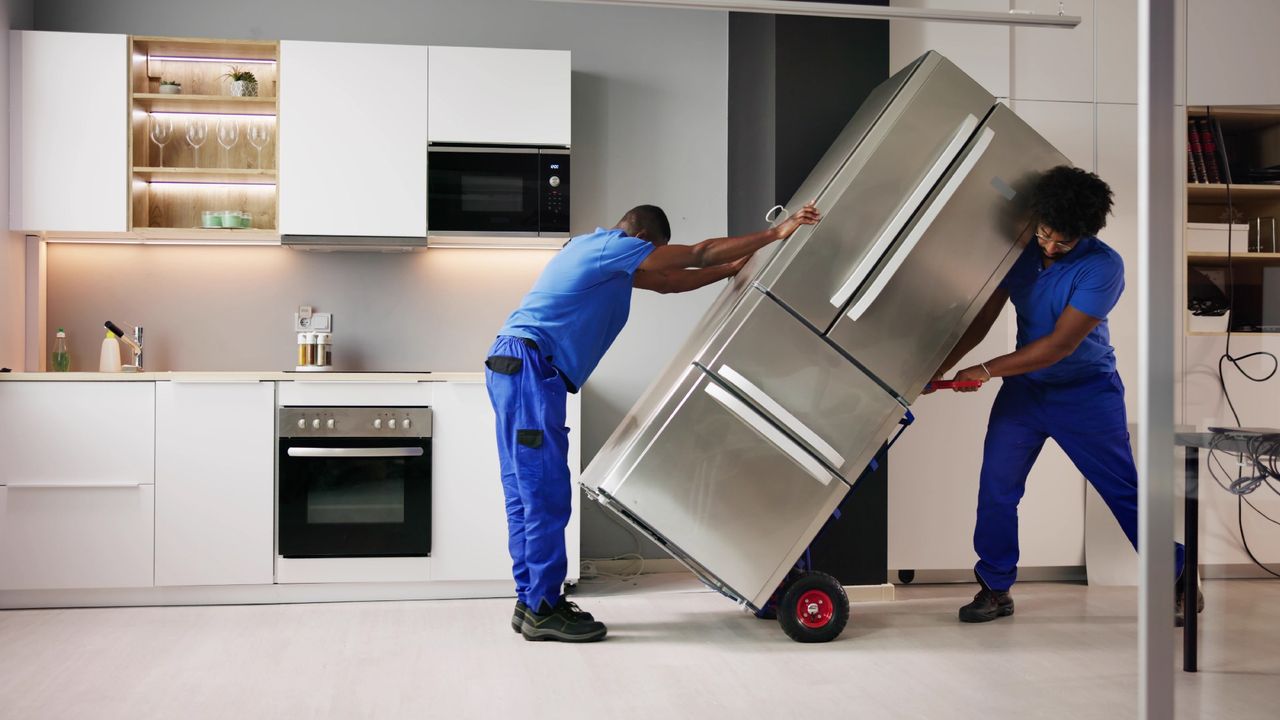Whether it is a refrigerator, a washing machine or a much-needed air conditioner during the hot summer months, a big appliance going bust is never a fun financial proposition. There is merit to fixing what you already have, but it is not always the most cost-effective path to a working appliance. Believe it or not, even with the often steep cost of a large appliance, sometimes you will end up thankful in the long run if you just rip off the Band-Aid and buy new.
Walking yourself through the following three questions can help you decide what path makes more sense for your particular broken appliance situation.
1. Is your appliance still under warranty?
This is the first question to ask. If your malfunctioning appliance is still under warranty or extended warranty, “you should always repair it, even if you have to pay a trip charge or a small service fee,” said Angi, a home services company.
Subscribe to The Week
Escape your echo chamber. Get the facts behind the news, plus analysis from multiple perspectives.
SUBSCRIBE & SAVE
Sign up for The Week’s Free Newsletters
From our morning news briefing to a weekly Good News Newsletter, get the best of The Week delivered directly to your inbox.
From our morning news briefing to a weekly Good News Newsletter, get the best of The Week delivered directly to your inbox.
A typical appliance warranty “lasts one year,” but you will “often have the option of purchasing extended warranties,” said NerdWallet. You can determine whether or not your appliance is still under warranty by checking your receipt or paperwork from the purchase or contacting the company.
2. How much does a repair cost compared to a replacement?
A general rule of thumb is that “it’s probably wise to replace an appliance if the repair is going to cost more than half the price of a new one,” said Realtor.com, citing Tim Adkisson, the director of product engineering for Sears Home Services. So, as an example, “if a new oven is going to run you $400, you wouldn’t want to spend more than $200 to repair your existing unit,” said the outlet.
Also consider the frequency of any repairs you have needed to make — those service visits can start to add up — and the nature of the repairs. “Sometimes, the type of the repair can dictate whether you need a new machine instead of a fixed-up one,” such as if it is a simple swap-out or a more involved fix to integral inner workings, said Relator.com. In this case, an assessment from an expert can help in making the decision.
3. What is the age of the appliance?
They say age is just a number, but it is one that actually matters when it comes to your large appliances. “If the appliance’s age is close to the range of its useful life span, you should strongly consider a replacement,” given that “an aging appliance is likely to continue to need repairs,” said Angi.
There is one caveat here: An appliance’s age does not always tell all. “That’s because the lifespan of a household appliance varies based on a few other factors,” such as “how often it is used” and the “routine maintenance — or the lack thereof,” said Realtor.com.




